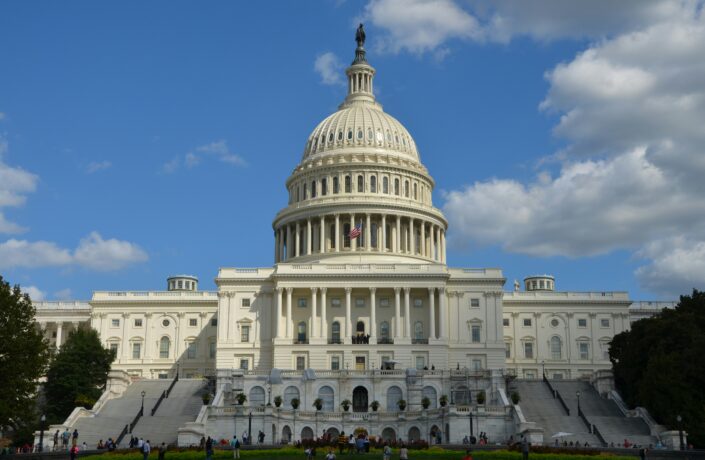Your right to hold and express non-religious views is enshrined under international law.
Too many countries fail to uphold their human rights obligations regarding non-religious people. Yet the international human rights framework is very clear that such rights exist.
At Humanists International, we track the situation for non-religious people in our Freedom of Thought Report and through our advocacy and campaigns work we frequently highlight violations against the non-religious and defend non-religious rights. In all this work we – and the individual activists, rights-holders and civil society organizations that we work with or defend – rely on rights and norms established in international law and the human rights framework, protecting our rights to hold and express a humanist worldview or other non-religious ideas.
On this page we explain how the human rights of non-religious people with respect to their non-religious ideas are enshrined in international law.
What are my rights?

Protests follow the murder of ‘atheist blogger’ Ananta Bijoy Das in Bangladesh, 2015. Numerous writers and publishers on freethought and secularism have been killed in Bangladesh in recent years. The government was criticized for threatening to prosecute bloggers for “hurting religious sentiments” even as they were facing a campaign of violence from extremists
- the right to hold positive beliefs, ideas or convictions which are humanist, atheist, agnostic or otherwise non-religious (for example, to hold a humanist worldview, or to positively assert that religion or some particular belief is false)
- the right to non-belief, or to not believe or assent to particular beliefs (for example to say: “I don’t believe in that”)
- declining to state a belief (for example, to not identify with any particular religion or belief position)
- the right to manifest or express all such positions, with certain limitations (for example, you cannot violate the rights of others)
A note on the word “belief”: It can seem strange to talk about non-religious “beliefs”, because the word belief sometimes indicates that the position is held on faith or without much evidence, whereas a non-religious person might have rejected the very idea of holding faith-based beliefs. Also some non-religious positions might more easily be described as a “disbelief”. However, when we talk about “belief” in the context of freedom of thought, conscience, religion or belief, we mean the more commonplace sense of a position that someone holds, regardless of why it is held. And this includes positions of disbelief. Having a “belief” in this sense includes holding views like “Paris is the capital of France”, “There are no gods”, or general beliefs in favour of democracy or human rights, and so on.










